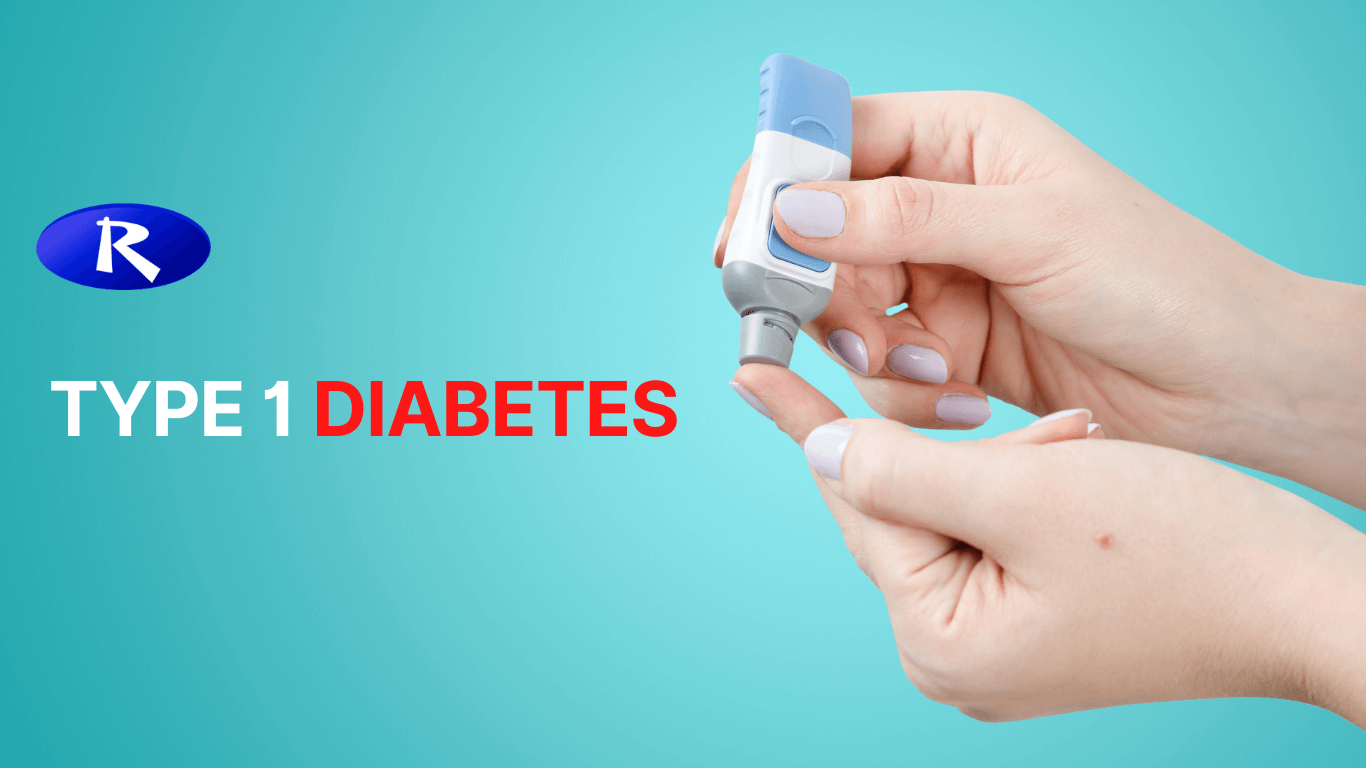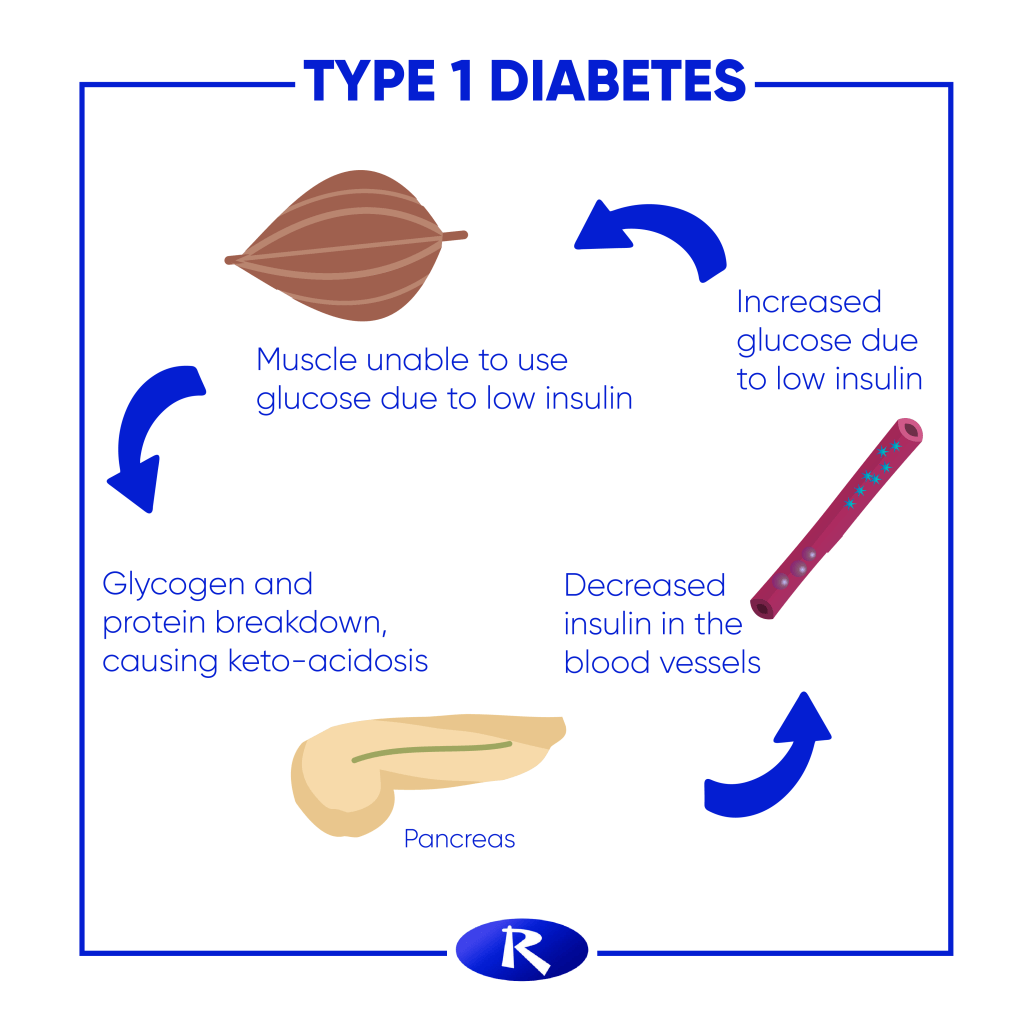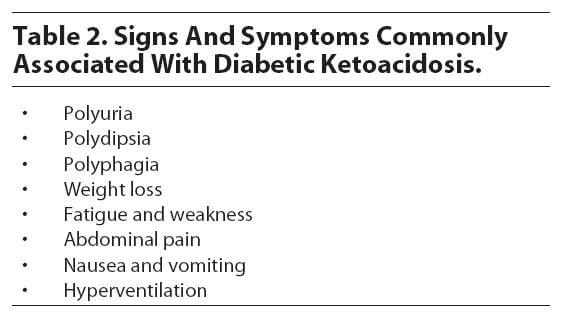
Type 1 Diabetes
Type 1 diabetes is an autoimmune disorder in which insulin-producing cells are destroyed. Insulin is a hormone produced by the pancreas, that controls the level of glucose in the blood. Without insulin present glucose can not enter into the cells. There is no definite cause of type 1 diabetes; it is thought to stem from a combination of genetic, immunologic, and environmental factors. Diabetes type 1 is also called juvenile diabetes because the onset is usually during childhood. Study this lesson below and you will find more on this topic inside the NCLEX Virtual Trainer.
The symptoms include:
-increased urination
-increased thirst
-hunger
-blurred vision
-weight loss

The primary treatment for type 1 diabetes will be insulin injection. The insulin injections could range from 1-7 times a day with a combination of short and long-acting insulin. This is important because if insulin is not available for energy consumption the body will burn fats. When a fat breakdown occurs, the result is ketone production. If ketones are present in the body; clients are at risk for diabetic ketoacidosis.
Diabetic Ketoacidosis (DKA) is a life-threatening condition that occurs when not enough insulin is present. The three main symptoms are:
-Acidosis
-Dehydration/electrolyte loss
-Hyperglycemia

The ketone production will create an acidotic state in the body. Dehydration will be caused by excessive urination, clients may lose up to 6 liters a day. Hyperglycemia is caused due to a lack of insulin.
Other signs of DKA: fruity breath, abdominal pain, nausea, vomiting, hyperventilation.
Treatment for DKA will be IV fluid + electrolytes and Regular Insulin IV. The Insulin will reverse both the acidosis and hyperglycemia.

